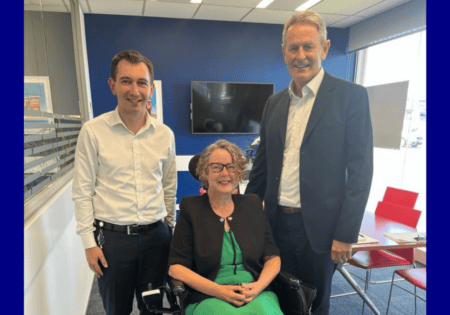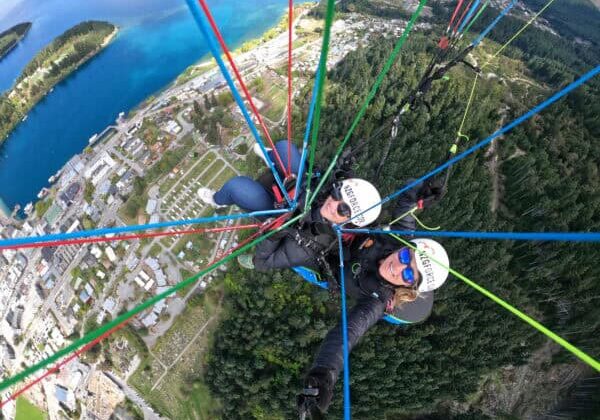End of Life Choice Bill – our submission
Assisted Dying, MND NZ
26 March 2018

MND New Zealand appreciates that many people in our community have strong views about assisted dying, both in favour and against.
We choose to remain neutral as an organisation, but made a submission to the Select Committee to ensure that any rights that could be created by the End of Life Choice Bill do not discriminate against people with MND.
MND New Zealand is committed to ongoing support for the right of people with motor neurone disease to take any decision or action that is lawful. 6 March 2018
Submission on the End of Life Choice Bill
From The Motor Neurone Disease Association of New Zealand
Motor neurone disease (MND) is a fatal neurological condition that causes rapidly increasing disability and loss of independence. It frequently strikes healthy people in middle age. MND is a diagnosis that is ‘top of mind’ for many when considering assisted dying.
The Motor Neurone Disease Association of New Zealand (MND New Zealand) supports people with motor neurone disease (MND) in New Zealand. We also support their families, carers and health professionals.
MND New Zealand does not have a view either in favour or against the End of Life Choice Bill. We make this submission to ensure that any rights that may be created by the Bill do not discriminate against people with MND.
MND New Zealand currently supports about 300 clients living with MND in New Zealand. In any given year, about 100 of these clients will die and a further 100 will be newly diagnosed. Thus, the proportion of views in support of or opposing assisted dying legislation may vary significantly among the cohort of people with MND from year to year.
In general, we understand that people with MND want genuine choice about their end-of-life, including access to the range of services needed, the place where care is offered, and the place where death occurs. For some people with MND in New Zealand, but by no means all, this also includes the timing and manner of their death.
Equally, some people with MND want the choice to not use assisted dying, and legislative protection from coercian or pressure.
MND New Zealand respects the varied beliefs, culture, values and personal experiences of the people in our community. We have encouraged members of our community to make their own personal submissions to this Select Committee.
In preparing this submission, we consulted with staff who every day connect with people with MND, their families and health professionals. We also consulted at management and board level, and with the MND Victoria support organisation in Australia.
We wish to make the following general comments:
MND New Zealand is committed to ongoing support for the right of people with motor neurone disease to take any decision or action that is lawful.
We make this submission to ensure that any rights that may be created by the End of Life Choice Bill do not discriminate against those people with MND whose speech and/or motor skills have deteriorated. Communication using assistive speech technology should not be a barrier to accessing or discussing assisted dying, if it becomes lawful.
The secondary purpose of our submission is to advocate for an increase in funding and improved access to palliative care.
MND New Zealand believes the Government should ensure that the very best palliative care is available to all those who need it. Only then will anyone considering assisted dying genuinely have a choice.
Our support staff work in all areas of New Zealand. They aim to help every person with MND access quality care and services to minimise their suffering and maximise their quality of life. Our support staff identify a need to increase funding and capacity for palliative care all over New Zealand.
In particular, MND New Zealand identifies a need for increased funding for palliative care services in the following areas:
- Provision of specialist palliative care services to rural areas
- Inpatient services in small towns
- Increased numbers of respite beds in hospices (not private hospitals) in towns and cities
- Overnight nursing care
We wish to make the following specific comments about the End of Life Choice Bill:
Clause 3
We request that the words ‘talk’ and ‘tell’ be defined in this section to specifically include communication using assistive speech technology.
This includes the use of technology that converts text to speech, or eye movement to control a computer mouse and write on a computer screen, which can then also convert to speech. This also includes low-technology assisted communication, such as a letter board, or responding to a series of yes or no questions with a facial, eye or hand movement.
Clause 8
We understand the general intent of this clause. However we consider that the word ‘talk’, used six times, could discriminate against people with MND who are no longer able to communicate verbally.
We request that ‘talk’ is defined in the Bill to specifically include communication using assistive speech technology.
Clause 9
We note that this clause is inclusive of people with MND who have limited mobility in their hands. We request that any changes made to the wording of this clause continue to consider these people.
Clause 15
We note that this clause is inclusive of people with MND who receive nutrition and hydration by tube, and/or who are unable to swallow, and/or have limited mobility in their hands. We request that any changes made to the wording of this clause continue to consider these people.
Recommendations:
- We recommend that the words ‘talk’ and ‘tell’ be defined in the Bill to specifically include communication using assistive speech technology.
- We recommend that any changes made to the wording of this Bill consider and continue to include people:
- who are unable to communicate verbally, and/or
- who receive nutrition and hydration by tube, and/or
- who are unable to swallow, and/or
- who have very limited mobility in their hands.
- We recommend that Government funding for palliative care services is substantially increased. In particular, we recommend increasing funding to:
- specialist palliative care outreach services to rural areas, and
- respite beds in hospices (not private hospitals), and
- inpatient services in small towns, and
- overnight nursing care.
Thank you for your consideration,
Beth Watson
President, The Motor Neurone Disease Association of New Zealand
On behalf of The Motor Neurone Disease Association of New Zealand


